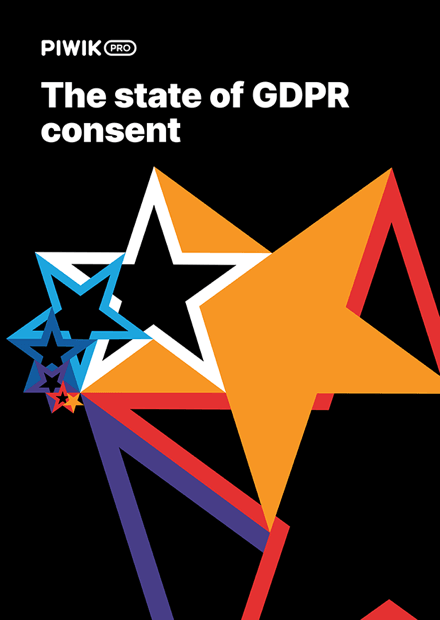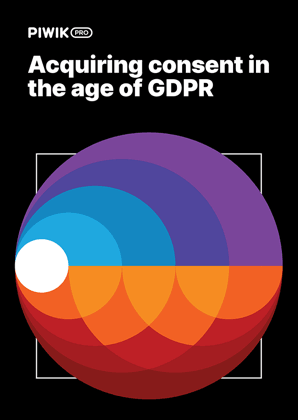A consent, in digital marketing, means the agreement of a data subject for the storage and processing of their personal data. Personal data is any information relating to an identified or identifiable natural person. Various bits of information that, if merged, could lead to identifying a particular person, constitute personal data.
Under the EU Data Protection Regulation GDPR ) organizations must obtain consent to collect and process such information.

The State of GDPR Consent

A Practical Guide to Acquiring Consent in the Age of GDPR
More about consent on the Piwik PRO blog:
- CNIL’s consent exemption for Piwik PRO – What it means for you and the analytics data you collect
- The CJEU sheds more light on trackers and consent requirements
- 6 new privacy laws around the globe you should pay attention to
- How consent manager can help you obtain GDPR-compliant consents from your users









